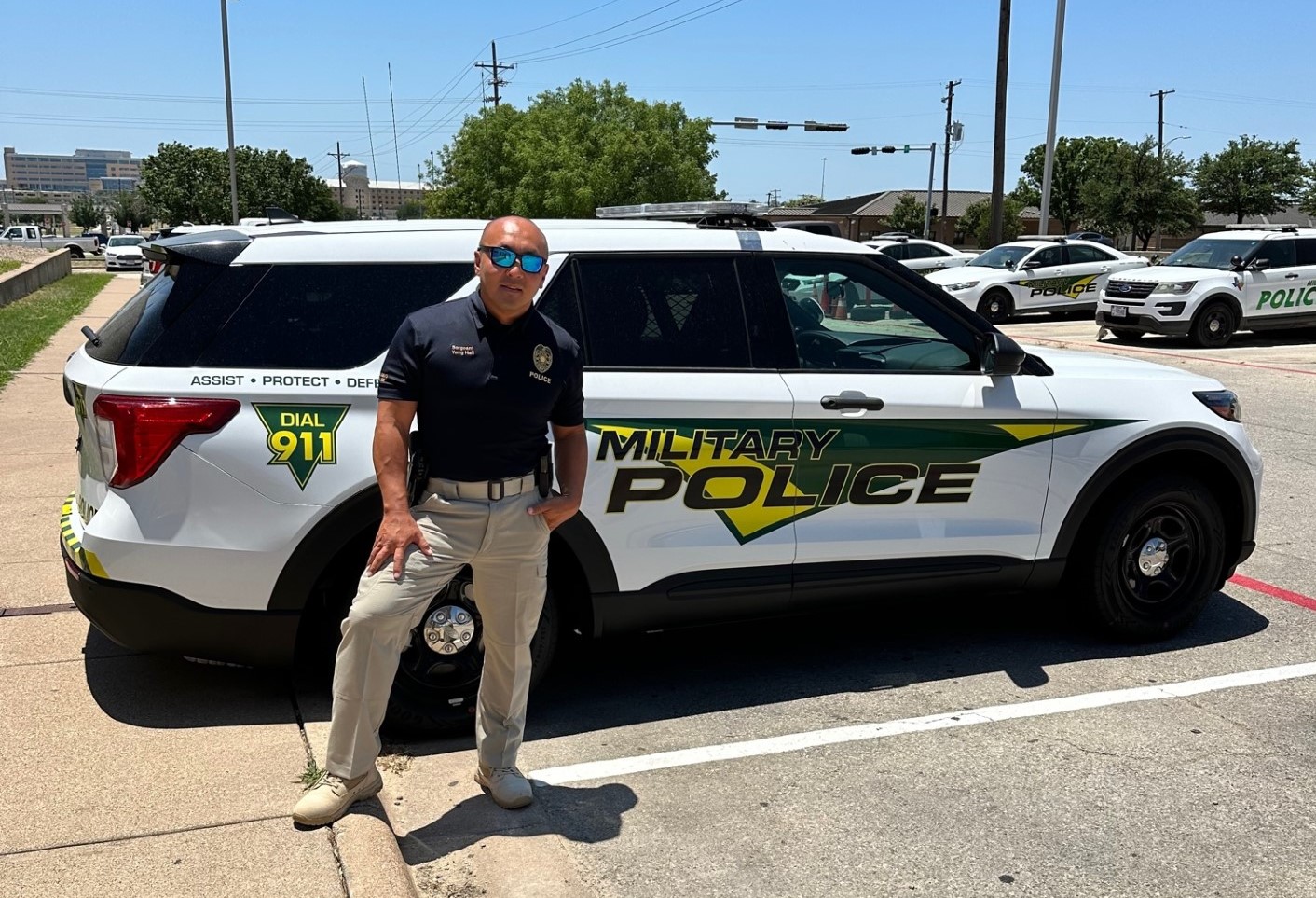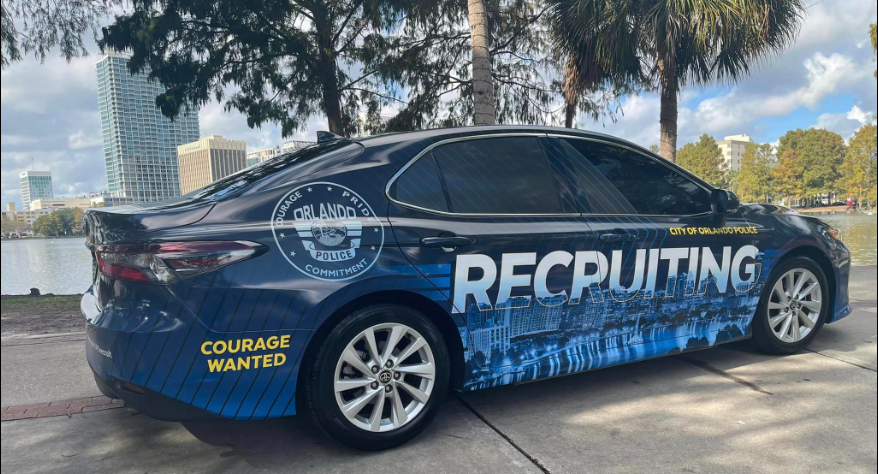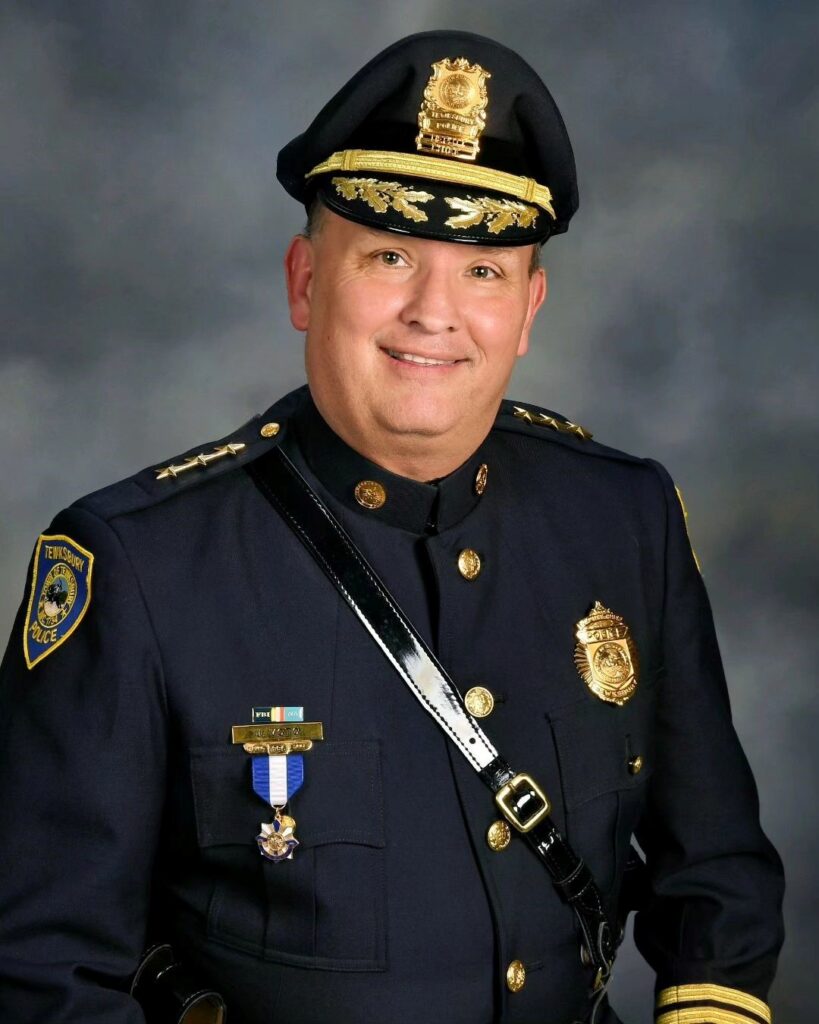
Two things in law enforcement are relatively certain nowadays: the overall number of police officers is down around the country (thanks to anti-cop and defund-the-police fools) and military members make some of the best prospective police candidates.
With these factors, police recruiters from across the nation are showing up at military bases to expose what their respective agency has to offer, influencing disciplined, team-spirited, highly skilled, nation-serving soldiers to switch uniforms and swear another oath in a community needing public safety professionals.
It is fair to say that military and law enforcement training is largely compatible, so it makes sense to emphasize recruitment of those in camos to don blue or whatever color represents any city police, county sheriff, constable, or state trooper organization.
Generally, military members are prime candidates for law enforcement vacancies in the states. Specifically, military police officers seem ideally suited to transition from Armed Forces security practitioners patrolling a federal base to bona fide stateside cops protecting and serving citizens in suburban communities or urban metropolises.

(Photo courtesy of the Orlando Police Department.)
As cops often do so diligently, they get right to the scenes where resources can be rolled out for the good of all. That’s what a batch of Orlando Police Department recruiters did, traveling beyond Florida’s borders to states whose military compounds opened their barracks and availed city cops the time to talk with soldiers prepping to honorably discharge and garner roles stateside.
An Orlando police spokesperson said, “Our Recruiting Unit has been working hard to recruit the next classes of Academy Recruits for the Orlando Police Department” by traveling to Fort Cavazos Army Base in Fort Hood, Texas, and Fort Sam Houston Air Force Base in San Antonio, Texas, chatting with soldiers about future endeavors as officers of the law.

(Photo courtesy of the Orlando Police Department.)
Once on a military base, it wasn’t hard to figure out why city cops from Florida were there; their cruiser is a mobile billboard advertising the mission.
As usual, cops have plenty of police-oriented mementos and souvenirs to distribute, a gestural marketing mechanism to encourage prospective candidates to consider the meet-and-greet moment comprising law enforcement scouting ventures.
Keen on recruiting military members for local-cop rosters, some law enforcement agency units assigned to recruit military warriors even wrap their cruisers with a fusion of police and camo symbolism, explicitly honoring those dedicated to duty.
The Summerville, SC police department administration had one of their police cruisers professionally wrapped in Armed Forces-oriented graphics, paying homage to fallen soldiers and veterans who became stateside cops.

(Photo courtesy of the Summerville Police Department.)
“The Summerville Police Department is proud to unveil our brand new ‘Honoring our Veterans’ 2018 Dodge Charger. This vehicle’s sharp new patriotic scheme wrap is a tribute to all our past, present, and future military veterans, their families, and all of the American military service members who never made it home and paid the ultimate sacrifice. The men and women of the Summerville Police Department are currently comprised of 1/3 military veterans, and we are always looking for more! This vehicle is being issued to one of our many outstanding veterans,” explained a Summerville PD bulletin.
Pretty commendable gesture and a great show of solidarity among military members and cops. Moreover, I read that the crafty people who wrapped this police cruiser are all veterans working at a graphics display shop.
According to the Summerville PD information officer, “The graphic artists there who wrapped this vehicle are military veterans and they were truly moved by this project and their opportunity to wrap our police cruiser. Many thanks to all our community members who have served. This vehicle is for you!”
The inverse of recruiters traveling to military bases is Armed Forces members attending a coordinated effort among various law enforcement organizations convening at a central location to avail police careers to soldiers concluding their military stint.
Indeed, cops and military members go hand in hand. Some police agencies may require police academy attendance while others may not. On the Orlando PD site, a potential candidate asked, “Do active-duty MPs [military police officers] have to attend the academy?” The response was, “It all depends on your training, duties, and years of service. We look at each one case by case.”
The US Navy police officers are trained at the Federal Law Enforcement Training Center (FLETC), conveying grand jurisdictional scope whereas a former Navy cop seeking a job as a cop in a municipality will have to undergo some training on that respective agency’s local ordinances, jurisdictional geography, and sovereign government policies underwritten by elected leaders and instituted by police command staff.
Throughout my entire police career, my agency diligently focused on recruiting future cops from any of the Armed Forces, graciously welcoming the plethora of skills they can bring to the law enforcement mission and the personnel who carry it out.
Those who had not experienced the military (like me, a regret imposed by a recurring cancer battle since teen-hood) certainly got more than a good fill of what it is like vis-á-vis veterans who joined our force and shared their wisdom and skillsets. It is renowned that police SWAT teams are largely comprised of former military members who co-rely on one another during often dangerous operations, epitomizing the proverbial “tight-knit team” mantra. Citizens are benefactors.
Speaking of citizens, police recruiters visiting military installations are not only seeking to fill sworn-officer vacancies but also civilian support staff roles. The Nevada State Police recruitment team scouts the Nellis Air Force Base, exposing what they have to offer as a state-police agency:

Incidentally, the Nevada State Police (NSP) recruitment unit has a police officer who also served as a military member, thus enabling prompt/proper answers to just about all questions having to do with conversions and the hiring process post-discharge. As the NSP recruitment bulletin echoed: “Two uniforms, one goal. ALWAYS PROTECTING OTHERS.”
Many former military members make great police leaders, climbing lower ranks, exhibiting competency in any field performance, and earnestly scaling to an executive role among agency command staff.
My agency recruited a few U.S. Air Force Security Forces operators who possessed gleaming credentials in training/handling military working dogs (MWDs). In due time (after the requisite probationary time is achieved, availing opportunities in various specialized law enforcement units), one particular officer competed for and was assigned a police canine role. He conducted many canine training sessions for other K-9 cops. Subsequently, his wife completed her enlistment with the U.S. Air Force Security Forces as a sergeant and joined us as a crime-scene tech (civilian).
Same route for a former U.S. Marine drill instructor who worked with dogs in the Corps, becoming a component of our K-9 Unit.
A former Army servicemember was honorably discharged and joined our department, completing the probationary period to then go on and secure a spot as a canine handler.
Former Navy cops were hired and, after that probationary period expired, were assigned to our Marine Unit, patrolling the arterial waterways and the mouth of Tampa Bay leading to the wider expanse of the Gulf of Mexico.
Recently, I started seeing police press releases from varying departments announcing their newest police officers and the demographic divvy: many are categorized as “former military.”
Some recent retirement announcements made by police executives denoted how they served in the military for several years before honorably discharging and joining a local police entity. The lineage is rather routine.
Deputy Chief of Police John S. Voto, having served a bevy of years with the Tewksbury, Massachusetts force, recently bid farewell to his colleagues and the citizens he served: “I leave now having served the military for 20 years for my country, and 27 years serving the Tewksbury Police Department.”

(Photo courtesy of the Tewksbury Police Department.)
The common denominator here is the devotion to duty from upstanding men and women whose uniforms may change after conferring with a police recruiter…but the mission remains the same: Always protecting others!